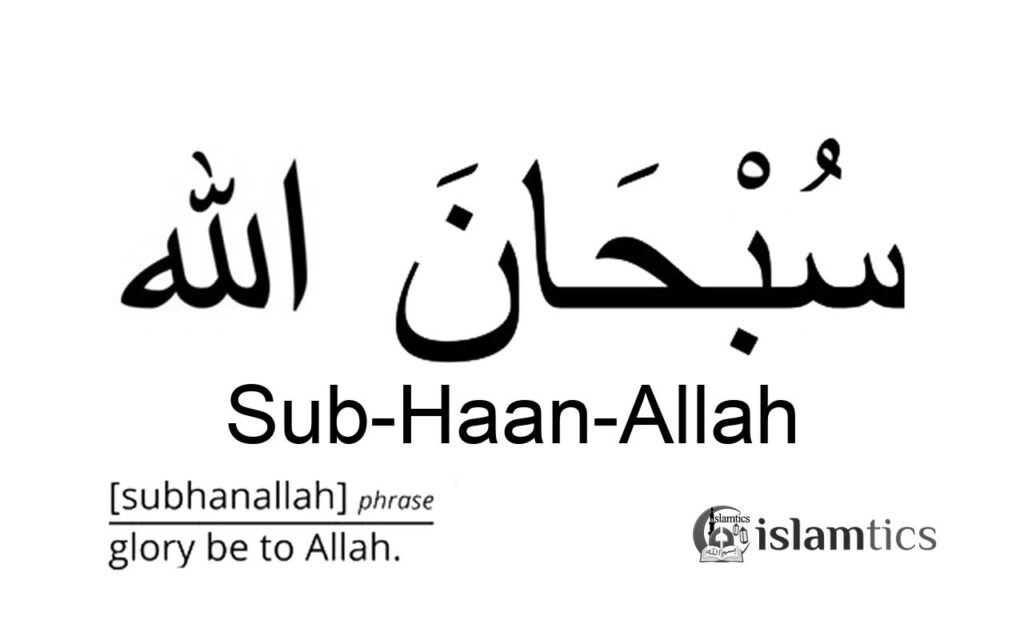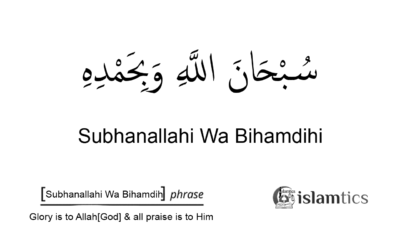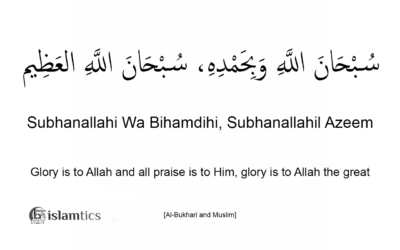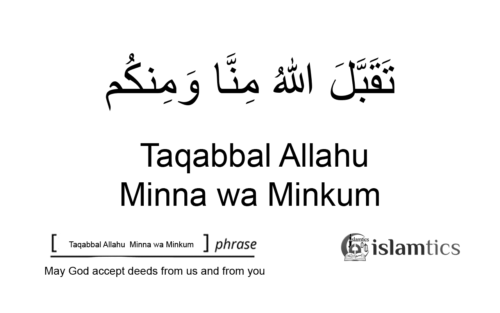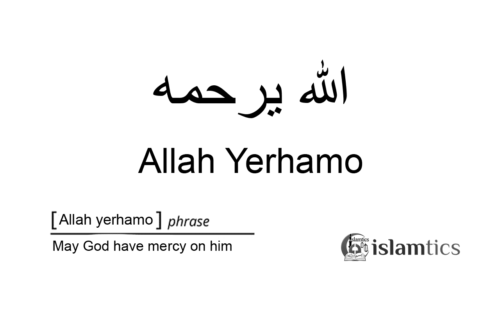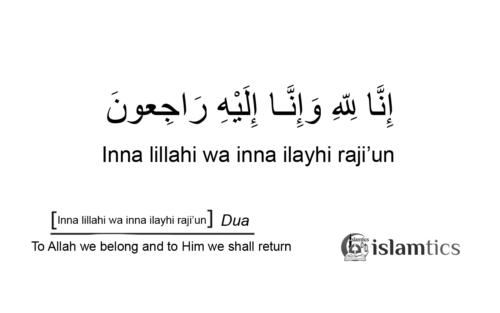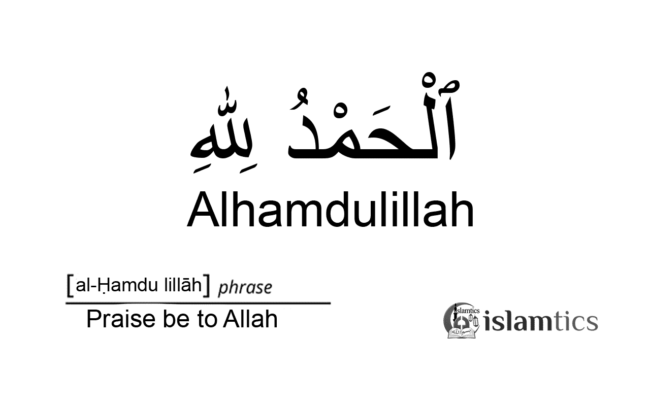Subhanallah (Arabic: سُـبْحانَ الله) is one of Islam’s core phrases whose meaning often gets lost in translation. Subhan Allah can be translated as “Glory to God”, “Allah is Perfect”, or “How Free of any Imperfection is Allah”.
It is often used when praising Allah or exclaiming in fascination and amazement at His creation. It can also be used as a phrase of simple exclamation like “Wow!” By saying “Subhanallah,” Muslims glorify Allah above any imperfection or deficiency.
Table of Contents
Pronunciation
The following video we have made will help you learn the proper pronunciation of the phrase word by word:
Subhanallah in Arabic
The phrase consists of 2 words written in Arabic with the Diacritical as
سُـبْحانَ الله
and Without the Diacritical:
سبحان الله
And it is broken down as the following table:
| Subhan | سُـبْحانَ | Glory to |
| Allah | الله | God |
Subhanallah Meaning in details
Subhanallah in Arabic is two words “Subhan” which means a sense of swimming or immersion in something, and “Allah” refers to God in Islam.
Combining them we can get the sense it is a powerful metaphor that portrays Allah as a vast ocean and utter dependence upon him for all support. Just like the sea supports it.
Typically, It’s used to be astonished not at ordinary luck or achievement but rather at the wonders of the natural world.
For example, Subhanallah would be an appropriate term to use when viewing a magnificent sunset. Not to thank God for a good grade on an exam.
SubhanaAllah can also mean “May Allah be free of any deficiency.”
When to say Subhan Allah
1st: Dhikr or Remembrance of Allah. This you can do at any time and there are no restrictions.
2nd: When you witness something spectacular or a miracle. For example, one night while you stand in the darkness, all you see is the light coming from the stars, in that moment you realize how vast and grand the universe is and how small you truly are. You would then whisper to yourself, “Subhanallah”.
Subhan Allah in Tasbih (Dhikr)
Subhan Allah is part of tasbih. Muslims will often recite Subhannallah in tasbeeh 33 times after prayers. Same with saying Alhamdulillah and Allahu Akbar.
That is because of the Sunnah of Prophet Muhammad (SAWS), as narrated by Fatimah: “Some poor people came to the Prophet and said, ‘The wealthy people will get higher grades and will have permanent enjoyment and they pray like us and fast as we do. They have more money by which they perform the hajj, and Umra; fight and struggle in Allah’s Cause and give in charity.'” “The Prophet said, ‘Shall I not tell you a thing upon which if you acted you would catch up with those who have surpassed you? Nobody would overtake you and you would be better than the people amongst whom you live except those who would do the same. Say Subhann Allah, Alhamdulillah, and Allahu Akbar 33 times each after every [compulsory] prayer.'” (Hadith 1:804).
Variation
There are different Variation of the Dhikr you can say to remember Allah and earn many rewards by reciting them such as:
Subhan Allah Origin
Rabi’ah bin Ka’b Al-Aslami narrated that he used to spend the night outside the door of the Messenger of Allah (ﷺ), and he used to hear the Messenger of Allah (ﷺ) saying at night:
“Subhan Allahi Rabbil-‘alamin (Glory is to Allah, the Lord of the worlds),” repeating that for a while, then he said: Subhan Allahi wa bihamdihi (Glory and praise is to Allah).”
Sunan Ibn Majah 3879


